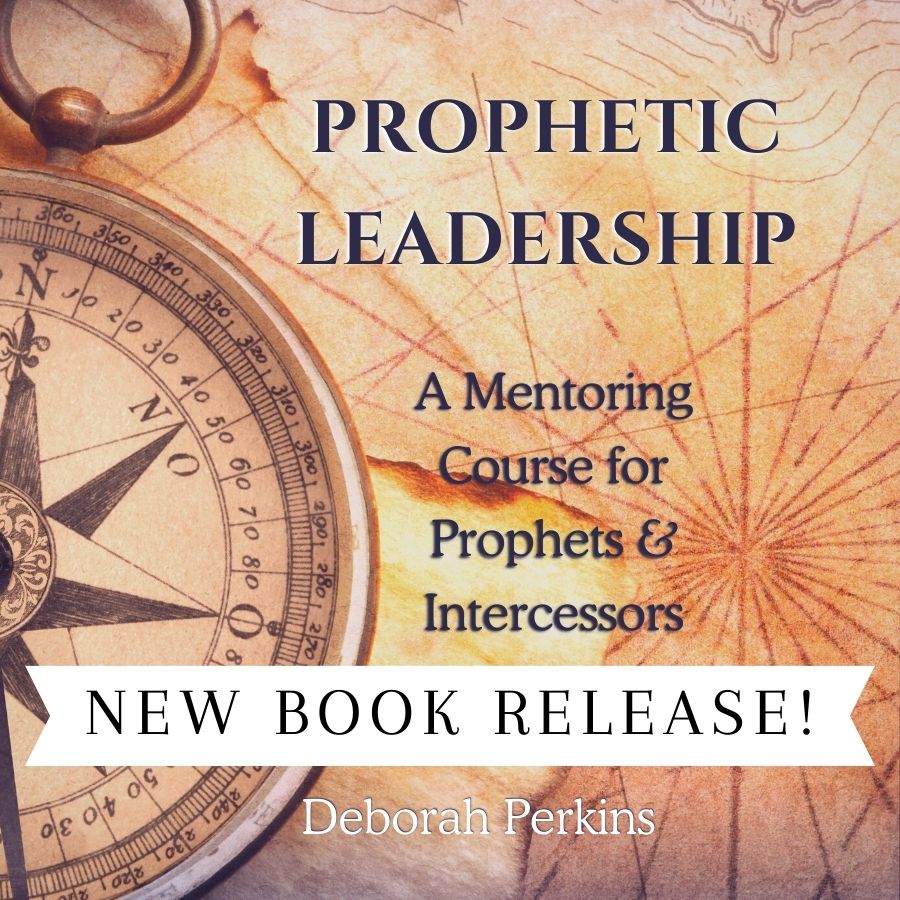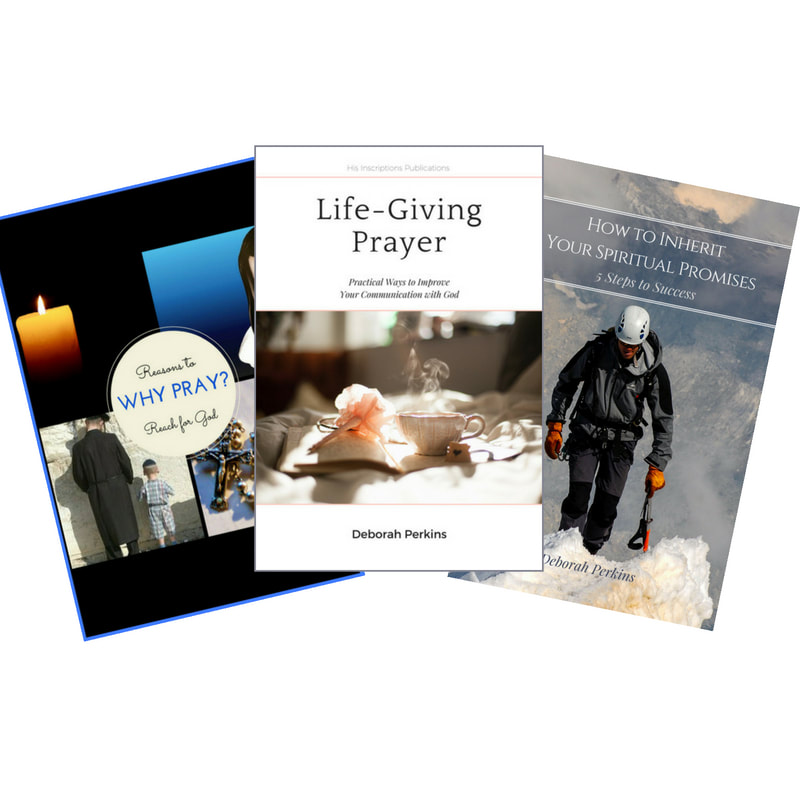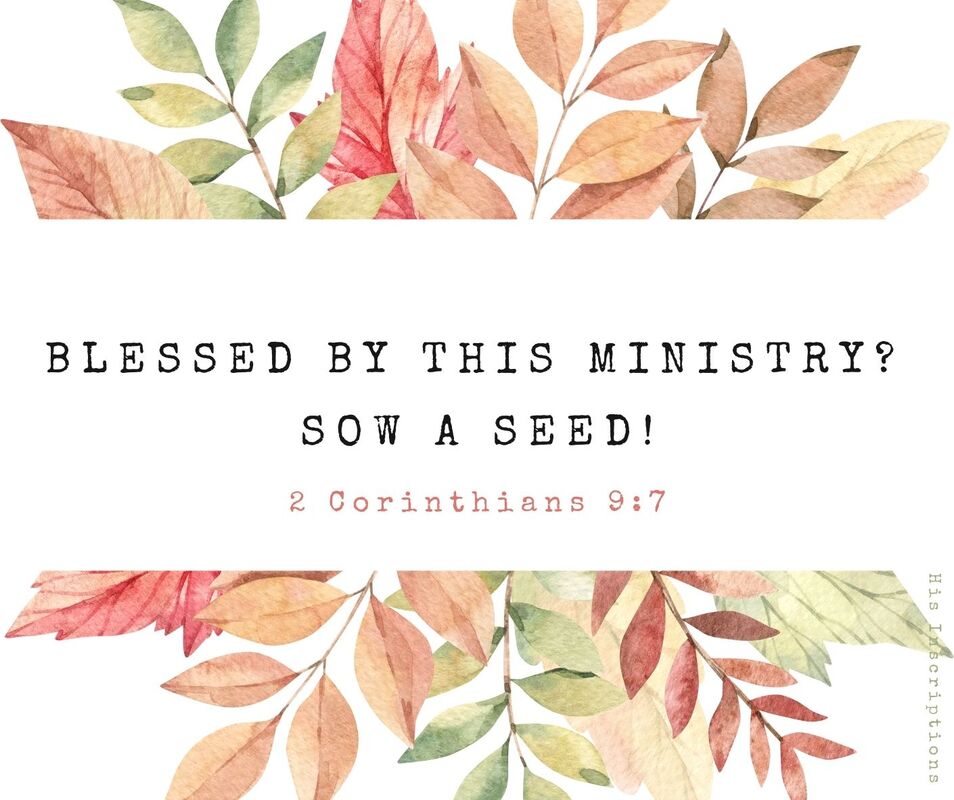|
What is your first response to pain? In the span of just one week, several of my close friends experienced heavy losses. One friend was betrayed by someone close to her. Another dear friend was faced with the emotional pain of feeling unloved in primary relationships. When a third friend broke her foot in a roadside accident on vacation, I spent a number of hours with her in the ER, hoping to relieve her physical pain. In each case, my first response was compassionate action: I reached out as best I could with prayers and practical help. I know for a fact, though, that when I am the one in pain, my first response is very different. When hurt increases, compassion vanishes. I have a new goal: avoid that pain at all costs! While it’s not fun, pain can be a good thing. Pain is our body’s way of signaling that something is out of order and requires our attention. Pain is a catalyst whose goal is to put us on the path to healing. The trouble is, while we go to great lengths to heed pain’s physical messages by seeing a doctor or caring for injured body parts, we are not as likely to seek healing for our soul wounds or spiritual issues. Why? A Human AnalogyIn the physical body, when bone sits upon bone without any cushioning, pain results. Cartilage – that protective cushion between bones – can wear away with overuse or injury, making movement highly painful. As a former runner, I experienced this firsthand. Over time, the cartilage in my knees disappeared, and bone began rubbing on bone. Aggravation and then pain resulted. An x-ray from the doctor revealed that even the positive movements I tried to make to exercise produced nothing more than a desire to give up! Relationships can feel like that sometimes. In family or friendship, the softness of love and mutual compassion can erode over time until we feel nothing but annoyance with each other. The dry, bony issues from our past resurface and there is nothing to keep us from exploding in anger every time the other person “rubs us the wrong way.” Trained by PainWhen we are in pain we tend to hurt those closest to us – as if rejecting them first will keep us from being hurt again! We instinctively strive to protect our wounded souls from further damage. Instead of seeking healing as we do with physical wounds, we are “trained by pain” to avoid the offender and mount our defense! The deepest wounds come from our past primary relationships: those who were supposed to love us but rejected us, neglected us, or didn’t respect us. Wounds from acquaintances don’t cause pain the way wounds from close friends do; after all, they don’t know us the way our family and friends know us! When someone who really knows us rejects or misunderstands us, the pain goes much deeper. The enemy capitalizes on this, reminding us that it is our closest relationships that have done the most damage to us. So, in an effort to protect what is sacred to us, we distance ourselves. We end friendships. We divorce. We leave churches. After all, we were fine until we tried to get close again, right? It’s their fault. We withdraw from God just as surely as we withdraw from people when we are in pain. Pain multiplies when we believe God should have done something and didn’t. Instead of admitting that we may have misunderstood God’s purposes, we cling to our anger and reject Him as well. Our prayer lives move from halfhearted to nonexistent; we certainly won’t pray “wholeheartedly” with someone who has disappointed us! What do we do with this kind of pain? How do we reopen the gates of our hearts when we hurt? Healing Comes Through "Painful" People!There is a friend I know whose words are often simple but powerful. On his Facebook page recently, he posted this insightful comment: “I always knew that healing is found in the body of Christ, but now I know it's found in the joints of the body with whom He connects us.” I pondered this for a while and knew it to be true. In fact, as I messaged him later, I realized that every significant healing I have had as a believer has come not through big-name speakers or even highly skilled ministers, but through those closest to me. My local church. A friend of a friend. A father or mother in the faith. Someone I live with or a friend I am close to. In other words, healing comes from the very people who are the most likely, because of their proximity, to hurt me! The implications of this revelation are alarming. To put it simply: pain drives us away from the very people God wants to use to heal us. Not only that; pain stops us from connecting with the one person – God – who could heal us! Why would God design relationships this way? Isn’t He losing the battle here? After all, people often reject God when their natural fathers don’t love them. Why would anyone choose to run towards the one who hurts them? Wouldn’t that feel like self-sabotage?! Wouldn’t that be – wait a minute – what Jesus did? Love's First Response to PainI believe God’s love is the “cushion” we lack when bone grates upon bone. While cartilage cannot be replaced or regrown in the physical body, God’s love can both cushion and heal our souls. It is love that allows us to see that hurting people hurt people. Love knows that to be honest with a friend will bear more fruit than ending the relationship. Love can hold on when a spouse is suffering. Love is what gives us the endurance we need to continue to run our spiritual race. Maybe this is why Jesus commands us to go towards the one who offends us, not away from him. (See Matthew 18:15) To confront when we feel hurt. To be honest, to reconcile. Maybe this is why Jesus toiled all night in prayer at Gethsemane, baring his soul to his Father. Because the pain of separating from the relationship would be greater than the physical pain He was called to endure. Maybe that “cushion” of real love is what kept Father from grating on Son, and Son on Father – right up to the resurrection. They had each other – and they knew that it was their closest relationships that would heal them. In Psalm 22:24, we have an open window into the heart of God concerning pain. Read this verse in the Passion Translation: “For He has not despised my cries of deep despair. He’s my first responder to my sufferings, and He didn’t look the other way when I was in pain. He was there all the time, listening to the song of the afflicted.” Despite how we may feel sometimes, God is our “first responder” when we are in pain, not our last resort! The secret to walking out of pain is allowing Him to examine our wounds and set us on the path to recovery. We must engage, not withdraw. Forgive your enemies? Pray for those who hurt you? All this is only possible when we see, as my prophetic friend did, that healing comes from the parts of the body closest to you. And that our first response should be like God's: turn towards the pain, not away from it. Pray, don't hide. Don’t leave your church. Don’t walk away from your marriage. Don’t forsake “the wife of your youth.” Why? Because God has designed that person to be your healer! It might mean you have to initiate reconciliation. (It’s the offended who seeks out the offender, remember?) It might mean you have some uncomfortable conversations or adjustments to make. That's part of the healing process. Every time you allow the pain to drive you towards love, your ability to function in the Body becomes better. Misunderstandings are cleared away. The enemy’s doubts are driven away from your mind. Physical healing now has an opportunity to manifest. And the love of God, like a healing balm, anoints the wounded places so that they are stronger than ever. Don’t let pain disqualify you from the blessing of love and wholehearted relationships with God and man. Instead, let pain be your training ground to learn to love at all costs. After all, isn’t that what Jesus did?
© Deborah Perkins / www.HisInscriptions.com. Cover image: Gus Moretta from Unsplash.
|
Free Link to the Subscriber Resource Library when you join His Inscriptions!
About
Deborah Perkins Categories
All
Archives
June 2024
AuthorA severe hearing loss from childhood caused Deborah Perkins to develop what she now calls her secret weapon: tuning in to God's voice. A Wellesley College graduate and an award-winning writer, Deborah is now a wife and mother of 3 boys. Deborah has devoted over 25 years to professional and lay Christian ministry in New England and beyond. Her passion is inspiring people to cultivate greater intimacy with God. |
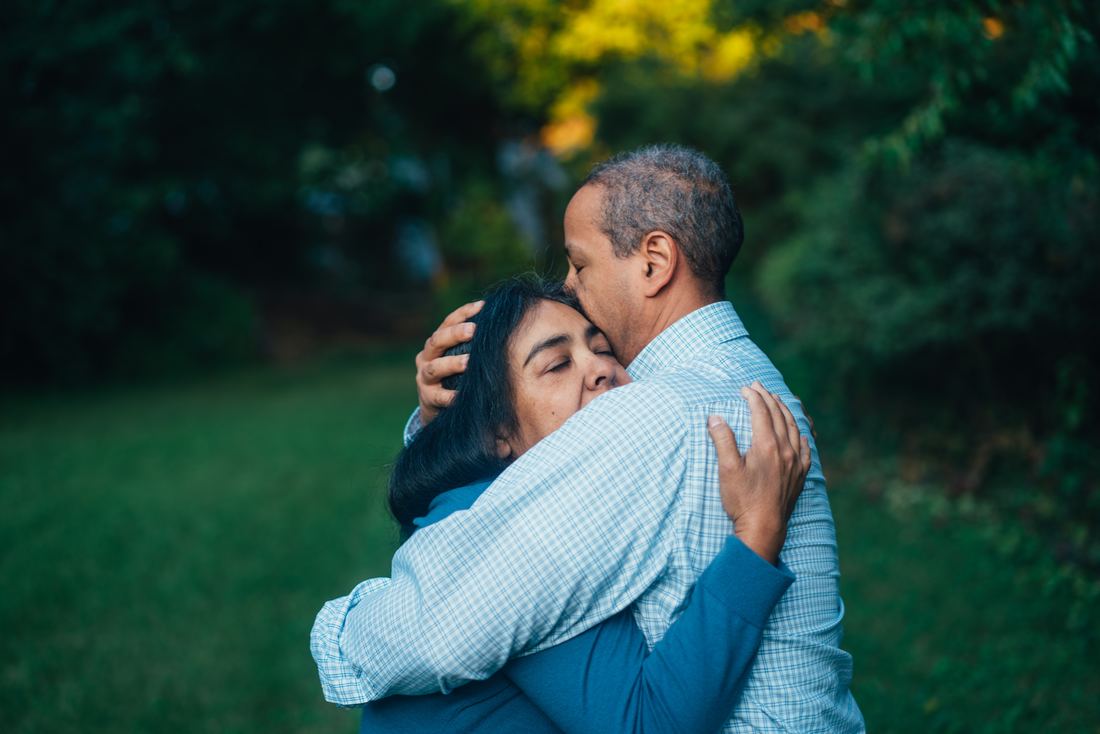

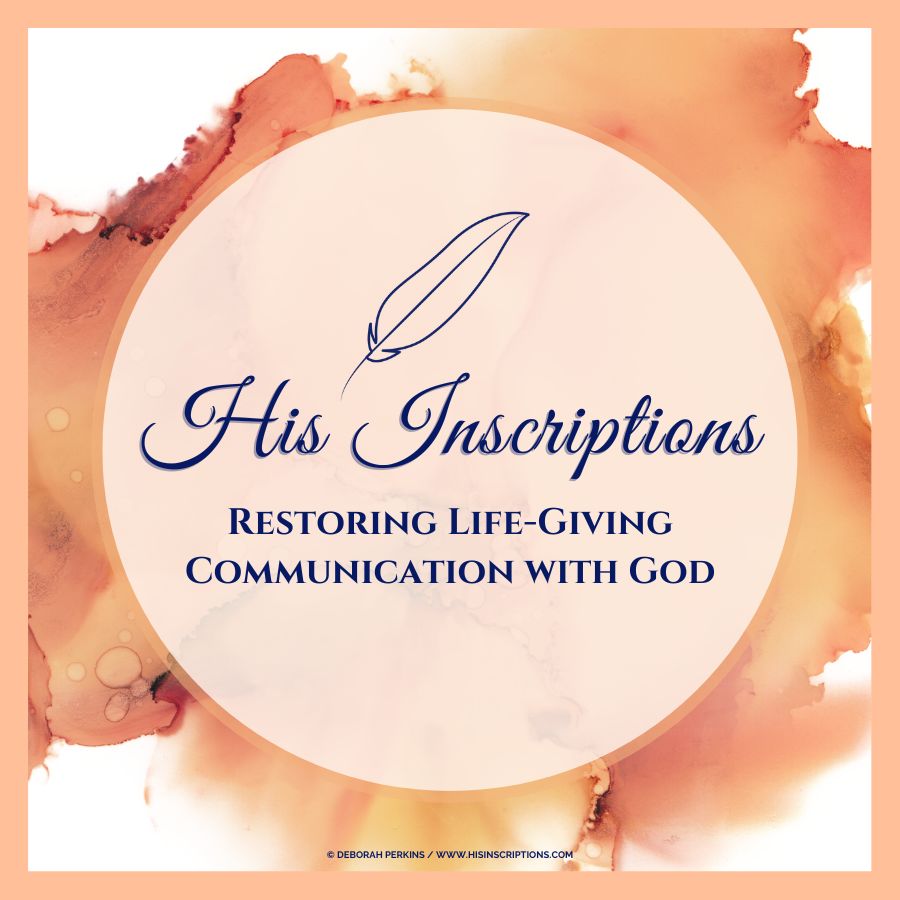
 RSS Feed
RSS Feed
